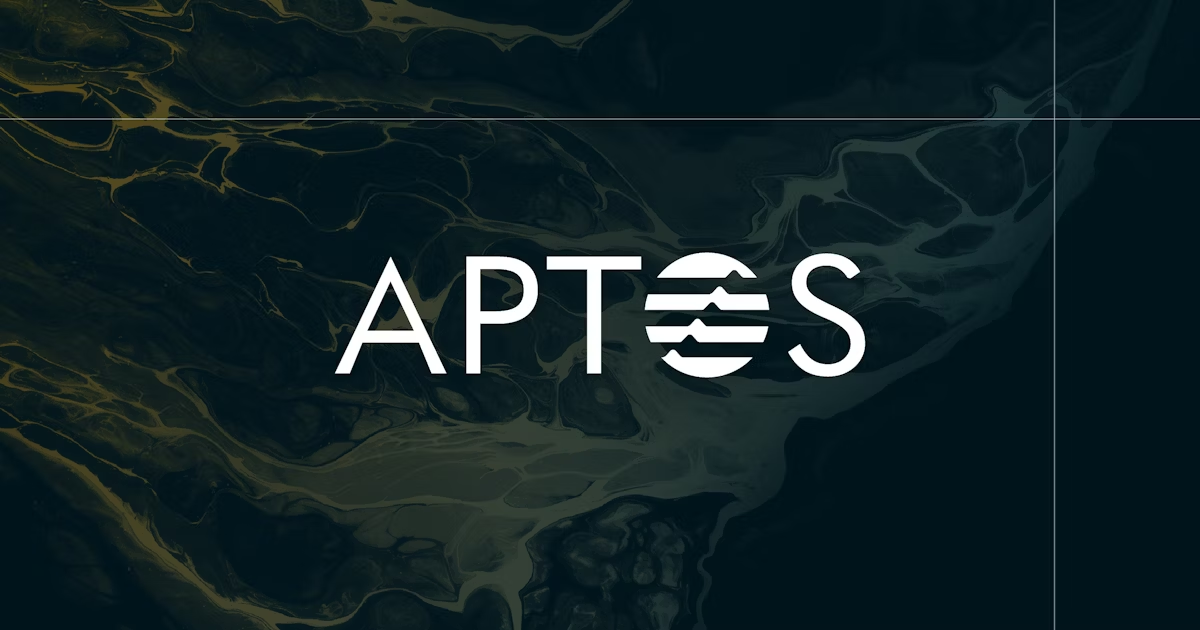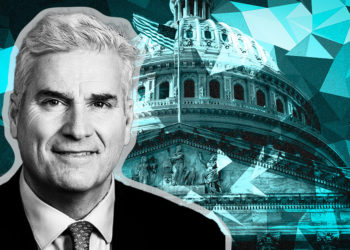Changpeng Zhao (CZ) explained the circumstances surrounding Binance leaving the Canadian market – saying the regulatory requirements meant it was unfeasible to continue operating in the country.
Exit from Canada
On May 12, Binance announced it would be “proactively withdrawing from the Canadian marketplace.”
The firm stated that new crypto exchange regulatory guidance on stablecoins and investor limits meant it was “no longer tenable” to continue operating in the country.
The statement mentioned long-running negotiations with authorities had turned up no middle ground, leading to the decision to withdraw.
“We put off this decision as long as we could to explore other reasonable avenues to protect our Canadian users, but it has become apparent that there are none.“
Three weeks on, during an AMA Twitter Spaces, CZ gave a more detailed explanation of what had happened – saying there was a lot of pressure on regulators to enforce a strict regime following the Quadriga CX and FTX scandals.
In December 2018, Quadriga CX CEO founder Gerald Cotten fell ill and died under mysterious circumstances in India. Initially, it was understood that only Cotten had access to the company’s keys, but investigations later revealed corporate mismanagement and missing user funds.
More recently, FTX filed for bankruptcy on November 11 after a run on the exchange. Incoming CEO John Ray, tasked with salvaging the company, described a catalog of corporate failures and unacceptable practices.
Regulators wanted escrow deposit
Expanding on the Canadian withdrawal, CZ said he was paraphrasing and may or may not be technically or legally accurate. Still, based on his understanding, regulators wanted Binance to put C$100 million ($73.5 million) in third-party escrow.
“My rough understanding was we had to use a third-party custodian. We had to put CAD $100 million in escrow of some kind. So we couldn’t even use our own custodian service, which we believe is more secure.”
The sticking point related to regulators sticking to their guns on the collateral being escrowed with a non-Binance provider – which was unacceptable for the company.
“Third-party custodian technology providers are smaller than us and less tested, so we view that as a higher risk, not less risk.
CZ also mentioned a requirement to limit the number of tokens Binance offered Canadian customers.
Following an analysis, the firm concluded that the Canadian market did not offer a viable business as meeting the regulatory requirements would mean operating a more customized and expensive model.
Nonetheless, CZ said he hopes “Canada would turn back in a couple of years,” citing regulatory experiences in Japan and Thailand, which have opened up considerably recently after previously being hostile.
Credit: Source link












































































































































